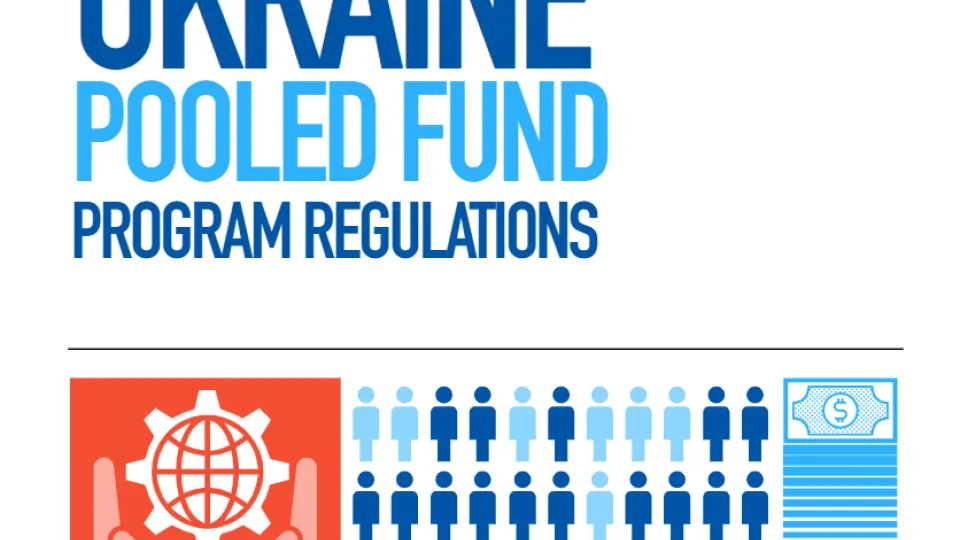
Ukraine Pooled Fund - Program Regulations
This handbook is essential to understand how to work with the Ukraine Pooled Fund.

This handbook is essential to understand how to work with the Ukraine Pooled Fund.
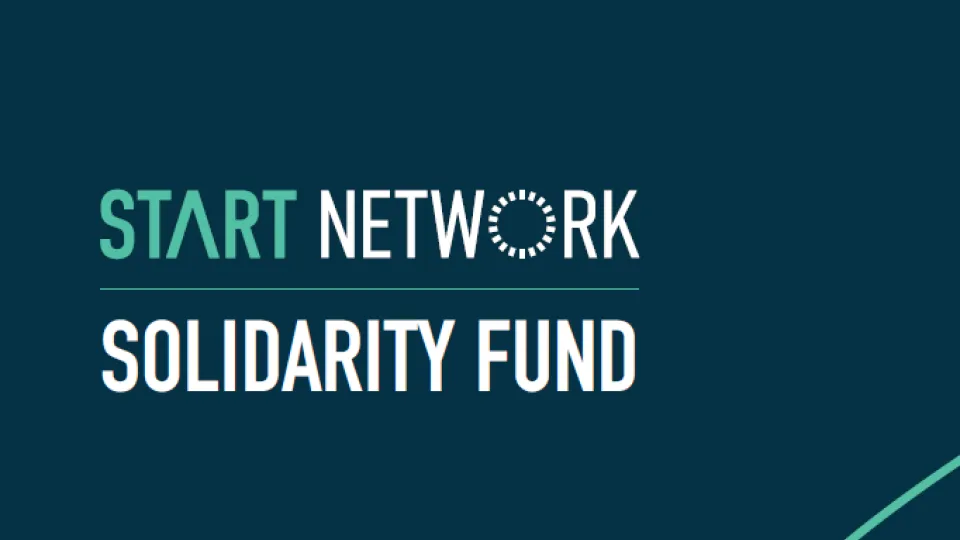
Start Network is launching the Solidarity Fund, supported by the IKEA Foundation, to help humanitarian organisations continue their operations despite widespread funding reductions.
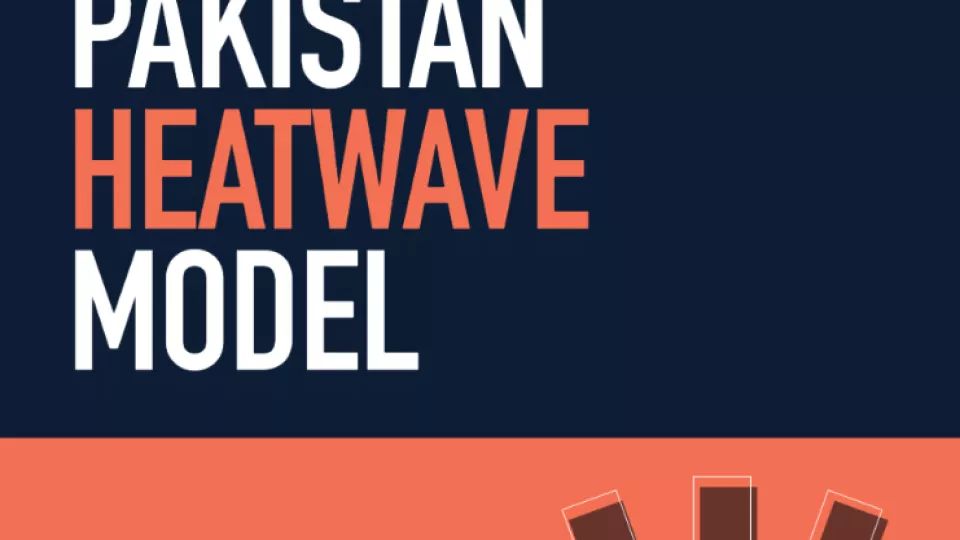
Since 2017, Start Network members in Pakistan, have been developing Disaster Risk Financing (DRF) Systems that allows civil society actors in-country to pro-actively manage disaster risks (such as droughts, heatwaves, and floods). Reducing the impacts of weather extremes and disasters is a fundamental part of building longer-term climate resilience. By quantifying risks in advance of disasters, pre-positioning funds, and releasing them according to pre-agreed plans, enable earlier action and reduce the costs of disasters considerably ensuring that the right assistance reaches the right people at the right time. This is all done through the scientific modelling of hazards, collaborative development of contingency plans and the establishment of pre-positioned financing to enable earlier, more predictable, and better-coordinated assistance to communities affected by predictable disasters.
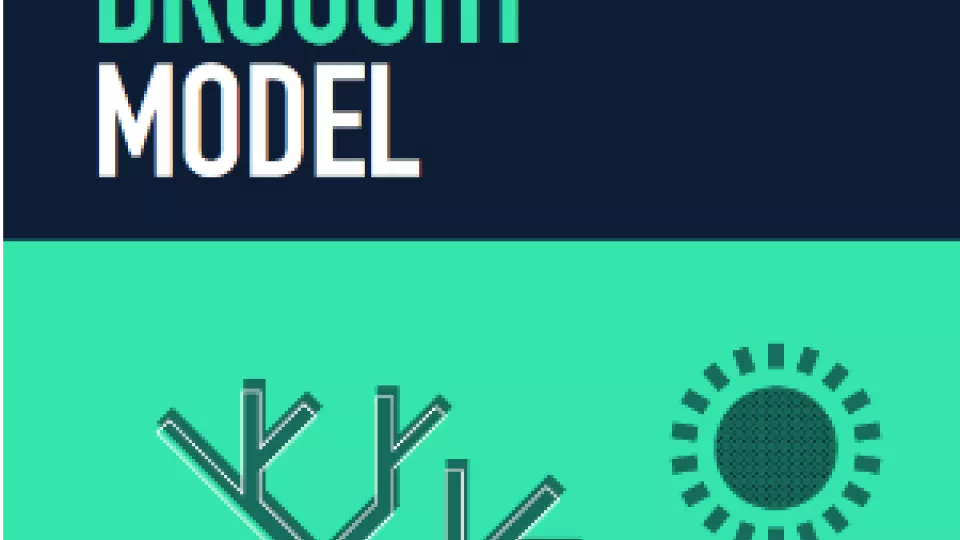
Since 2017, Start Network members in Pakistan, have been developing Disaster Risk Financing (DRF) Systems that allows civil society actors in-country to pro-actively manage disaster risks (such as droughts, heatwaves, and floods). Reducing the impacts of weather extremes and disasters is a fundamental part of building longer-term climate resilience. By quantifying risks in advance of disasters, pre-positioning funds, and releasing them according to pre-agreed plans, enable earlier action and reduce the costs of disasters considerably ensuring that the right assistance reaches the right people at the right time. This is all done through the scientific modelling of hazards, collaborative development of contingency plans and the establishment of pre-positioned financing to enable earlier, more predictable, and better-coordinated assistance to communities affected by predictable disasters.
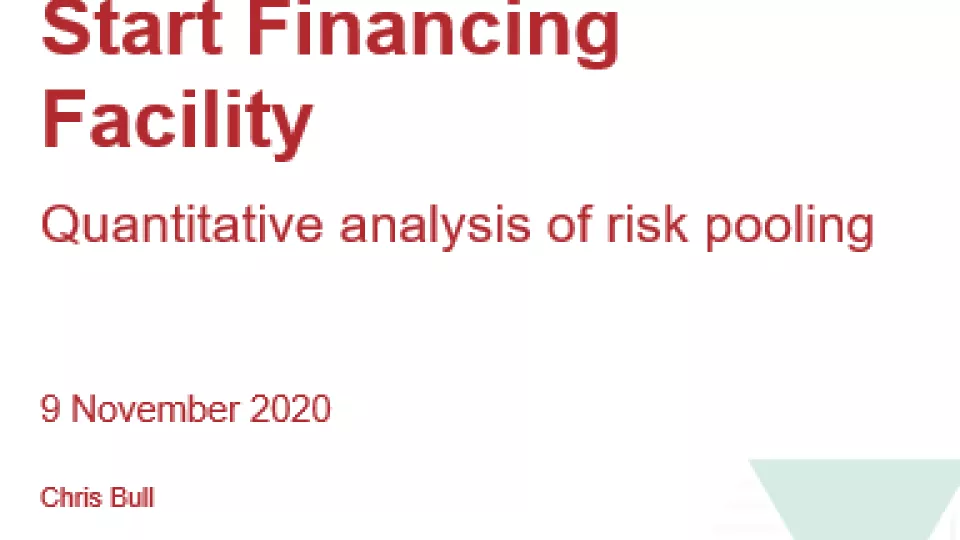
Start Network is working to provide more effective and efficient financing models for humanitarian aid. Specifically, to enable a predictable continuum of funding for when risks of different scale and severity start to materialise. This report, commissioned from the UK Government Actuary Department, provides technical advice around the funding of the Start Financing Facility (SFF). In particular, by providing a theoretical illustration of the financial implications of pooling a number of risks into a central risk pool. The paper investigates how the number, frequency and size of the risks will affect the demands on the central risk pool, and highlights options for the financial management of the pool.
This guide outlines some of the conceptual questions, and practical tools, that can be used to evaluate drought risk financing (DRF) initiatives. It offers a framework for thinking about the impact of drought risk financing, along with risk financing more broadly and the wider general issue of the added value of earlier humanitarian response.